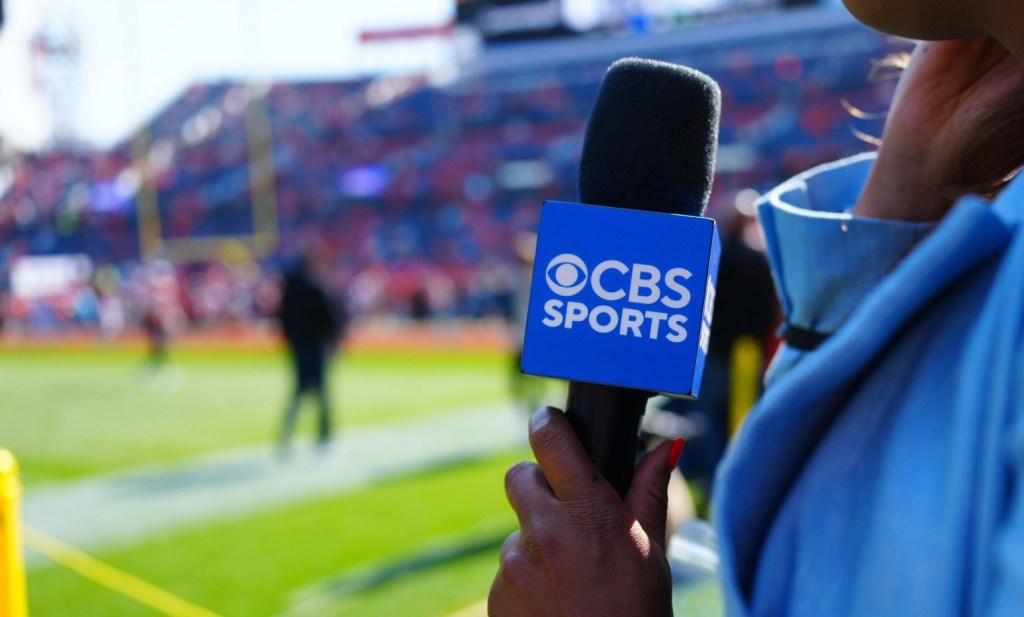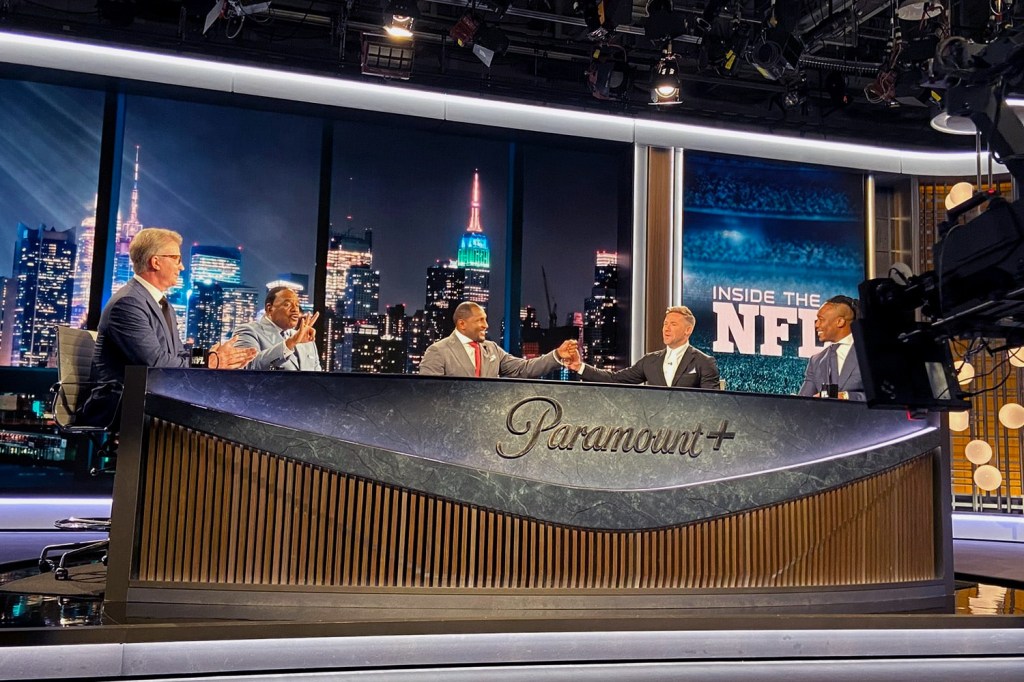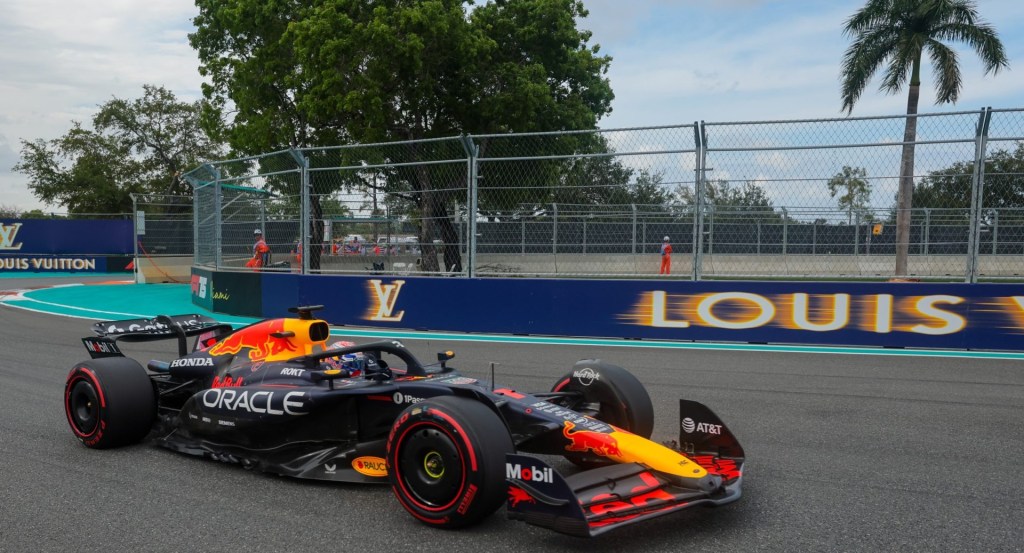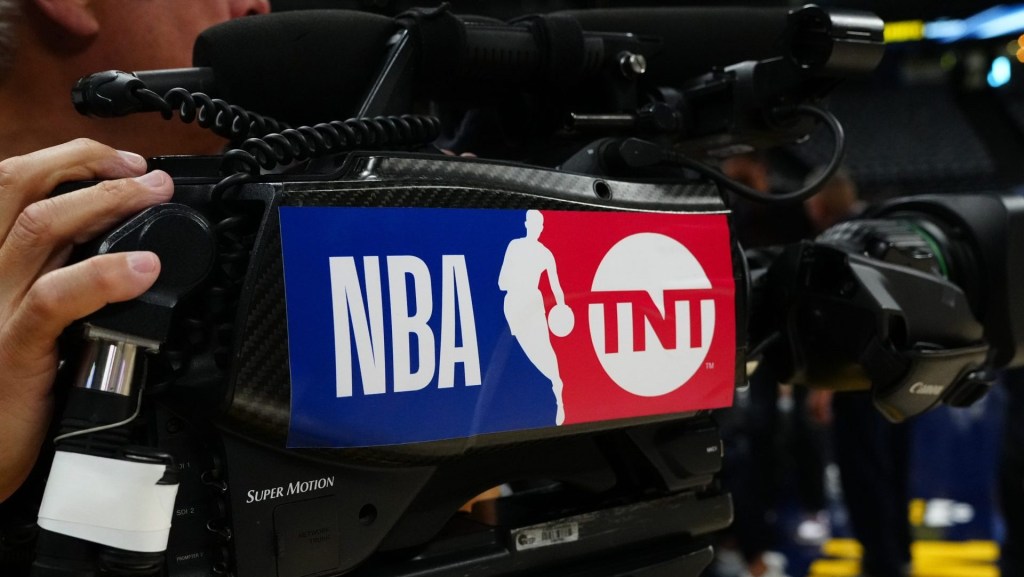The NBA’s new $77 billion media-rights deals raise questions for fans of the league. What happens to Inside the NBA? How much should they shell out for Peacock and Amazon Prime Video?
One question has been largely unanswered:
What is going to happen to League Pass?
The league’s direct-to-consumer streaming service that gives users access to every out-of-market game has been operated by TNT Sports under the current media agreement. The league owns League Pass, NBA TV, and NBA.com, but all three assets are run by what was previously known as Turner Sports.
The website and TV station also face unclear futures under the new media deals, as TNT’s role as operator of these outlets appears to be over after the 2024-25 season, though TNT parent Warner Bros. Discovery sued the NBA on Friday over what it claims was a failure to respect its matching rights.
As part of the league’s new media deal, NBA League Pass and WNBA League Pass will be distributed through Amazon’s “third-party global channels store destination.” The partnership will limit distribution on other platforms, according to ESPN, meaning fans’ ability to subscribe through options such as YouTube TV could go away.
“The digital opportunities with Amazon align perfectly with the global interest in the NBA,” said commissioner Adam Silver in a release. “And Prime Video’s massive subscriber base will dramatically expand our ability to reach our fans in new and innovative ways.”
But if and how Amazon’s presence will affect League Pass remains unknown. A Prime Video spokesperson deferred questions about League Pass’s broadcast setup and potential tweaks to the NBA. An NBA spokesperson did not respond to Front Office Sports’ request for comment.
League Pass, though great in theory, is notorious for its technical problems. An Awful Announcing story from earlier this year captured the general sentiment, saying the app “sucks” and calling it “finicky” and “crash-prone.” The League Pass Support account on X shows legions of fans struggling with the service.
Despite its struggles, the app’s popularity has been growing. Total numbers have never been disclosed, but, in April 2023, the NBA announced League Pass had grown by more than 50% while viewership was up 48%. In February, the NBA said League Pass subscriptions were up 12% while global viewership was up 13%.
League Pass offers a variety of packages including $14.99 per month, $22.99 per month for its premium, ad-free offering or $99.99 per season, which is down from the $300 it used to cost just a few years ago.
The demand is there, but its flaws persist. Could a change in partner improve the product? It depends on whom you ask.
“I think Amazon is one of the best sellers of products on planet Earth,” says Rich Greenfield, founder of LightShed Partners, a media venture fund. “When you look at their success selling Max subscriptions or Paramount Plus subscriptions there’s no doubt that Amazon Prime Channels will do a better job selling League Pass than anyone else could.”
But others are skeptical, given the small slice of revenue pie League Pass brings to the NBA.
“I think Amazon will be helpful to this but in general I don’t see a lot changing because in the short run, five years, things are going to stay the way they are,” says Patrick Crakes, a former Fox Sports executive turned sports media consultant. “The sub numbers are fuzzy for a reason and that’s because there’s a bunch of people in there and it’s an important product, but it’s not a mainstream general market product.
“Adding Amazon to the mix probably will help with that evolution because they’ll bring some technology infrastructure and that will be a good thing, but the big thing is I think it’s going to endure. There’s going to be a need for this product, but it’s not like there’s eight million subscribers to this product.”
Crakes said the most successful out-of-market product that has existed in sports is NFL Sunday Ticket, which never had more than two million subscribers, he said. The NBA projects annual league revenue to be $13 billion before revenue sharing and debt payments. Even if League Pass had a million subscribers on the $99.99 plan (which it likely doesn’t), it would still represent just 0.76% of total revenue. Similarly, given the small part NBA TV plays in league revenue, Crakes wondered whether WBD’s ability to retain operating the station could be part of a possible settlement between the two sides.
Some teams have already taken streaming into their own hands with the Utah Jazz, Phoenix Suns, and, most recently, the New York Liberty offering direct-to-consumer packages of their own to allow fans the ability to pay for their own package of games. WNBA League Pass offers customers every out-of-market game, with national exclusions and local blackouts applicable, and full replays of every game for just $34.99 a season or $12.99 a month.
The Jazz went into streaming after deciding not to renew their deal with longtime local sports network AT&T SportsNet Rocky Mountain, which faced shrinking viewership. In light of the uncertain fate of Diamond Sports Group, which has been in court for bankruptcy, one possibility for the service is to use it for fans impacted by regional sports networks collapsing.
“Maybe there is a way to take a package here on a local level and maybe there’s a way to do something there through [League Pass] on that front,” said Chris Bevilacqua, a longtime sports media executive and investor. “It would seem there might be an opportunity there on the local sports side. Maybe there’s a way to sort of rearchitect all those assets together.”
In January, Amazon proposed a $115 million investment into DSG, which is pending approval from a federal bankruptcy court. Should it go through, it would allow fans to purchase regional sports channels through Prime Video, keeping the DSG contracts together.
But should DSG emerge from bankruptcy, teams would probably prefer to stay with their regional sports network because of the millions in guaranteed dollars those contracts provide instead of a League Pass partnership with Amazon. For example, the Charlotte Hornets receive more than $20 million annually from DSG to broadcast their games. Given the League Pass numbers are at best in the low millions, could it really rival the check they’re already getting?
“If we do this, how much money are we making?” Crakes said of the thought process. “And the answer is probably not that much.”
But with so much uncertainty over the future of RSNs, Greenfield says never say never.
“Amazon’s trying to play a larger role with Diamond Sports, so I think there’s certainly the potential over time that whatever League Pass is today evolves into a far more comprehensive product incorporating local rights over time,” Greenfield says.
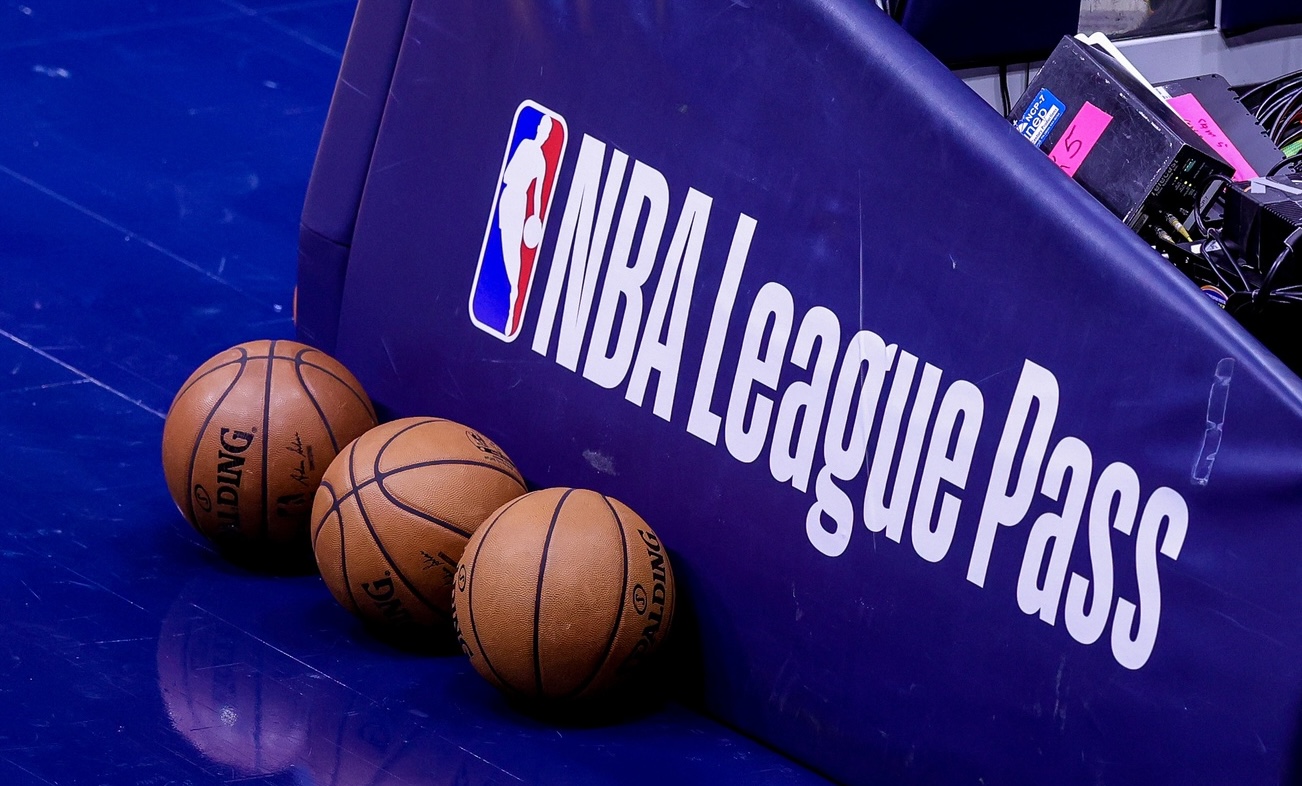
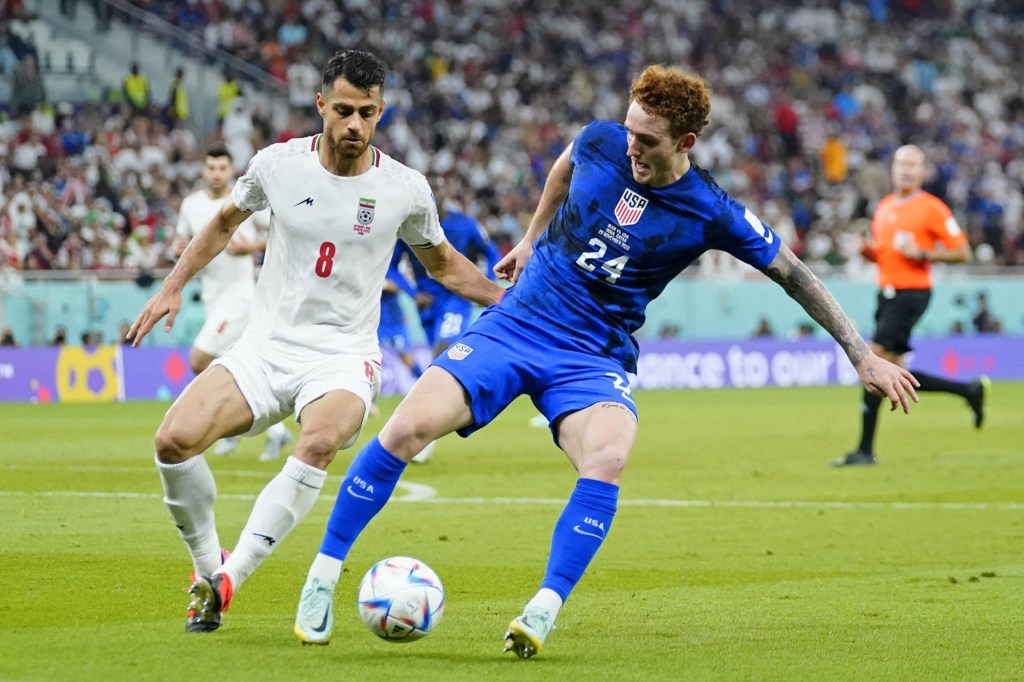



![[Subscription Customers Only] Jun 15, 2025; Seattle, Washington, USA; Botafogo owner John Textor inside the stadium before the match during a group stage match of the 2025 FIFA Club World Cup at Lumen Field.](https://frontofficesports.com/wp-content/uploads/2026/02/USATSI_26465842_168416386_lowres-scaled.jpg?quality=100&w=1024)
![[Subscription Customers Only] Jul 13, 2025; East Rutherford, New Jersey, USA; Chelsea FC midfielder Cole Palmer (10) celebrates winning the final of the 2025 FIFA Club World Cup at MetLife Stadium](https://frontofficesports.com/wp-content/uploads/2026/02/USATSI_26636703-scaled-e1770932227605.jpg?quality=100&w=1024)




